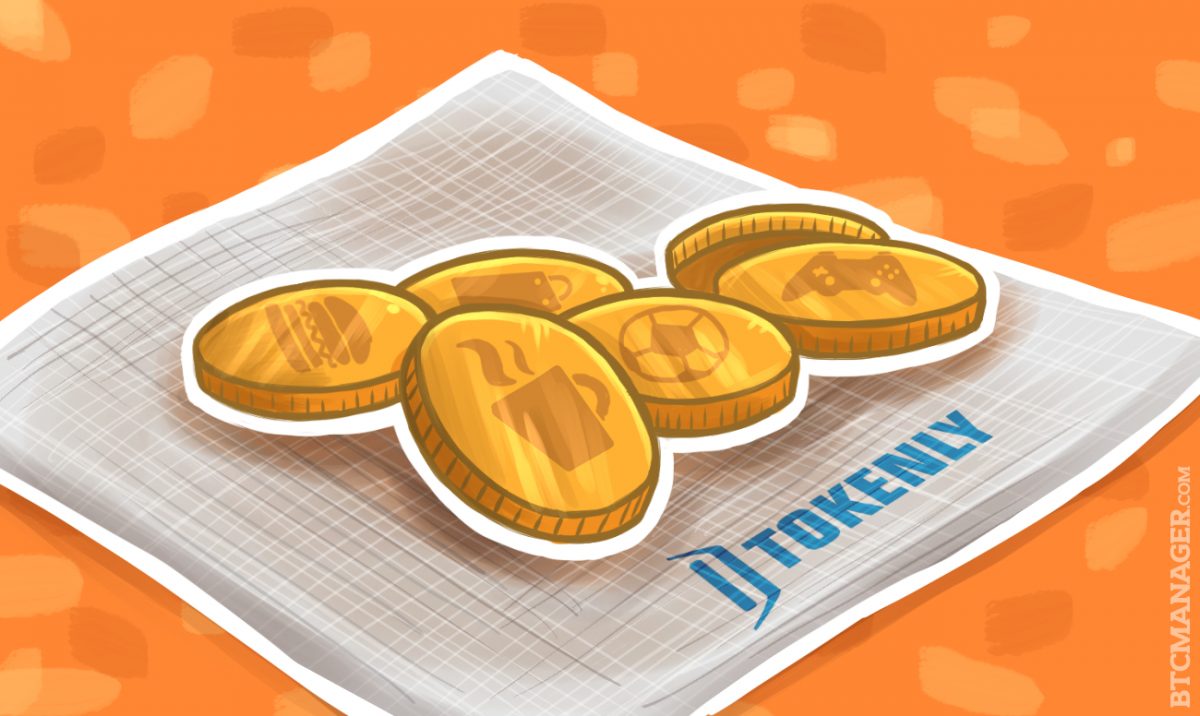Tokenly for Crowdfunding Aims to Unify Fundraising Experience

In the still relatively new world of crowdfunding, the market has already become saturated. Many different businesses offer pretty much exactly the same model for companies to pre-sell something to a crowd of customers, while also giving them access to a community, funds and feedback for their product idea. However, Tokenly has plans to take this model of crowdfunding several steps further using blockchain technology, giving companies raising funds and their supporters a new level of power, control and flexibility in their interactions with each other.
Founder and CEO of Tokenly Adam B. Levine has been a long-standing podcaster at Let’s Talk Bitcoin and has interviewed the who’s who of those involved with the business and social movement around Bitcoin’s rise and challenges in recent years. He developed the LTBCOIN Rewards Program and its “proof-of-participation” model to reward people who are involved in the LTB network. These early experiences led him to create Tokenly.
“Tokenly creates modular tools that let people do all of the things you’d want or need to do to use a token in your business,” said Levine. “Tokens are useful as un-fakeable gift certificates, swappable passwords, transferrable rights and really anything where you want to represent digital ownership. Beyond what the token itself does, businesses need to be able to issue, customize, distribute en masse, buy and sell, accept as payment and [do] even more for their token to work.”
Levine added, “We build a variety of merchant services that let people empower their tokens first on Counterparty and eventually on any blockchain that has valuable tokens built on it. When we add a new blockchain, it is an addition not a replacement. We think people will create valuable tokens on many platforms and will be a connecting layer between all of them.”
After two years of building these basic tools, Tokenly has begun to pivot its focus.
With the work we’ve done we can go after any of a dozen attractive market opportunities. The one we settled on is Rewards-Based Crowdfunding.
As many startup founders do, Levine saw a distinct need in the market for a crowdfunding solution that no one was doing well enough or fast enough. Even with Kickstarter, Indiegogo, and many other crowdfunding websites already available, there was still relatively little functionality built into the process of both setting up a crowdfunding campaign from both the fundraiser and funder perspectives.
This is where token technology comes into play. Companies that are running a crowdfunding campaign with Tokenly for Crowdfunding can issue a crypto token to each person who backs a project and that token will retain a specific type of value and other properties that are assigned to it by the creator. Not entirely dissimilar to the tokens one would redeem at an amusement park arcade for prizes, this type of token presents many more opportunities than that.
Tokenly for Crowdfunding won’t replace any individual crowdfunding platform; rather, it will be an integrated layer for any existing platform to work with to enhance their customers crowdfunding experience, with the ability to extend the value of the campaign itself beyond the actual closing date.
As far as what these tokens will be used for – that will be almost entirely up to the companies issuing them through Tokenly. Whether they are gift cards or redeemable rewards, it will be truly flexible for the users of the Tokenly technology to define how they want to issue their tokens and also manage them through their community.
“Tokenly currently supports Counterparty tokens built on the Bitcoin blockchain and will be introducing our first cross-chain support with Ether over the next few months,” said Levine. “We chose Counterparty as our first platform because it was the best choice when we started building in spring of 2014. It had perceived legitimacy from Proof of Burn unlike mastercoin at the time, was bitcoin compatible unlike NXT, and actually did the job unlike the still-hypothetical at the time Ethereum.”
In theory, Tokenly for Crowdfunding could bring developing businesses a step closer to their potential customer base by offering them a more intimate role in the company or product development process. By managing the crypto-tokens through Tokenly’s system, the businesses will be able to help facilitate a more customized level of involvement between business and consumer.
To support development of Tokenly for Crowdfunding, Levine has partnered with BanktotheFuture to raise at least $350,000 over the next 30 days until May 19th. Details of the campaign can be found on its BanktotheFuture website.
Funds raised will be used for two main purposes: to build a market-targeted product, bringing Tokenly’s various modular tools to crowdfunding in an intuitive and easy-to-use way; and to onboard a crowdfunding veteran who can evangelize to the industry and manage partnerships.













